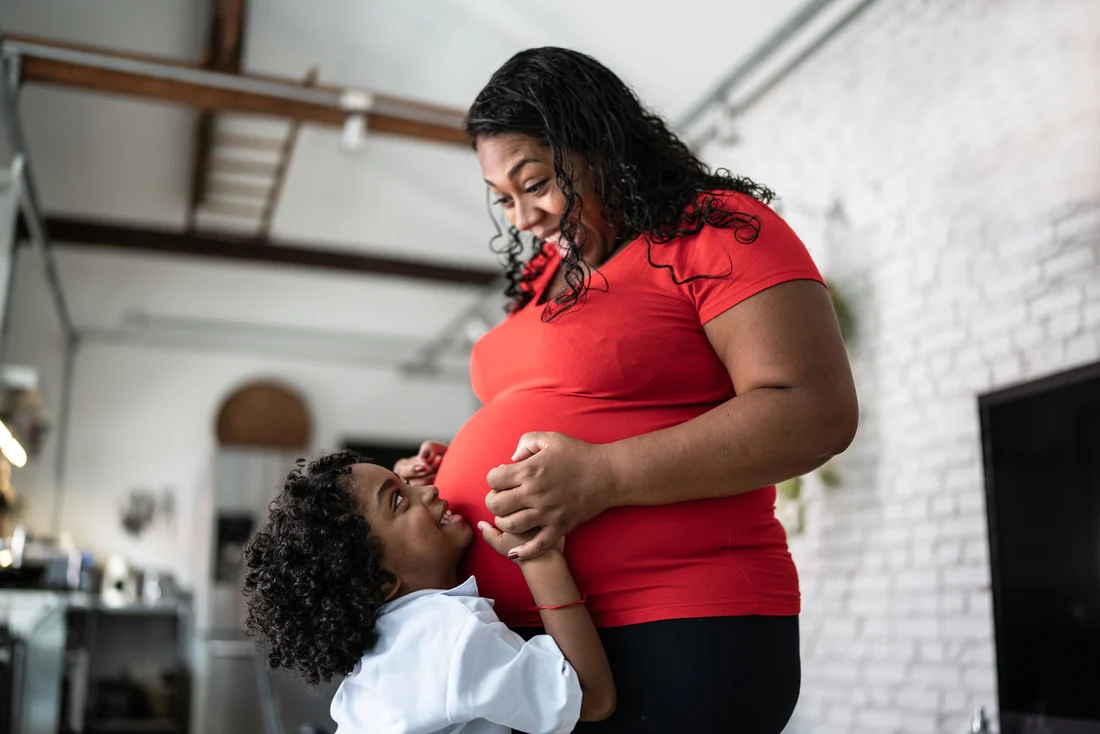“Focus on maintaining a continuous connection with one person: yourself, who knows where to set the boundaries each day with different individuals.” — Martha Beck, Oprah.com
“Enough already, Martha.” — Me
Last year, I found myself in a rather chaotic situation. I left my children with a family friend while I hopped into a cab to visit a new acquaintance and deliver some homemade meals (her husband was quite ill, and she had three little ones to manage). The cab was necessary because I had lent my car to a friend who needed to pick up his wife and child from the airport. Plus, I had taken the afternoon off from work to entertain our guest—who happened to be a relative of my husband’s—while he was busy at his own job.
I share this not because I think I’m some kind of hero (but feel free to think that). My intention was to lend a hand. However, looking back on that harried afternoon, I see the stress beads forming on my forehead, my poor time management skills, an irritated guest, my career slipping down the priority list, and my cooking skills failing me (let’s not even talk about chili spilling from a container onto my leg in the cab).
Did I feel good about helping? Absolutely. Did I enjoy hosting family? Sure. But trying to juggle all those responsibilities that day drained my own emotional reserves. It’s not just that it was a stressful day; it was also unproductive. In that frantic state, I was barely completing any tasks. When I overcommit, I often end up letting others down. (And let’s be clear: what’s worse than an overcommitted person? An overcommitted flake.)
So, I decided to take a step back from my habit of always saying “yes.” I tried to stop volunteering for every bake sale, resume assistance, and errand run. This was against my natural instincts. Wasn’t saying yes what a good person was supposed to do?
We all know individuals who will never assist with moving, or offer a ride home after a minor medical procedure, or pick you up from the airport. I’m even related to some of them. I used to think they were inconsiderate. I didn’t want to be like that, but I realized I couldn’t keep saying yes. I needed to lessen my stress and reduce my tendency to feel guilty for not meeting everyone’s expectations.
How could I learn to say no without feeling like a selfish person? First, I needed to acknowledge that many of my actions “for others” were, on some level, attempts to be liked or perceived as good. My generosity often stemmed from a guilty conscience for having so much. Didn’t that make me a different type of selfish?
I also needed to consider that people with “clear boundaries” are often quite happy. They know their limits, which align with their priorities and interests. Perhaps it’s not that they lack concern for others; maybe they simply possess a quality I lacked—self-awareness. To thine own boundary-defined self be true.
I decided to go cold turkey, which is rarely a wise choice. Shortly after I began my journey toward healthier boundaries, a woman I barely knew received a phone call about the unexpected passing of a family member while I was sitting nearby. She was visibly shaken and wanted to talk to me. Although I felt terrible for her, I also felt the pressure of an impending deadline for my work.
My instincts clashed with my determination to maintain boundaries. I held her hand for a moment, asked a few questions, then gently withdrew my hand and returned to my work while she fought back tears just a couple of feet away. I’m not proud of that moment. It was inconsiderate and rude—definitely a do-over moment.
Maybe the answer lies somewhere in the middle. The idea that a community can achieve more collectively than an individual can alone is lovely. Think of traditional barn-raisings, which still happen in some Amish communities. While convenient services like Uber have replaced the need for physical help, it doesn’t substitute for a sense of community.
I grew up surrounded by people who stepped in to help my single mother. Friends and family members came together to provide meals during hard times. After my uncle passed away, I was touched by neighbors who brought over comforting meals, easing the burden during a difficult time.
In the end, I want to be there for others when they truly need it. I’ll figure out where to draw the line (and it’s likely just before my sister’s kid’s friend’s school’s bake sale). I hope that when I face my own challenges, someone will show up at my door with a delicious dish, reminding me that I’ve made someone else feel cared for and connected.
For further insights into pregnancy and home insemination, check out this excellent resource from the CDC. If you’re interested in at-home insemination kits, visit this authority on the topic.
Summary
Navigating boundaries is a balancing act between helping others and caring for oneself. Acknowledging our limits can lead to healthier relationships and personal well-being. Finding that sweet spot between saying yes and no is key, as is understanding that true community support transcends mere convenience.
